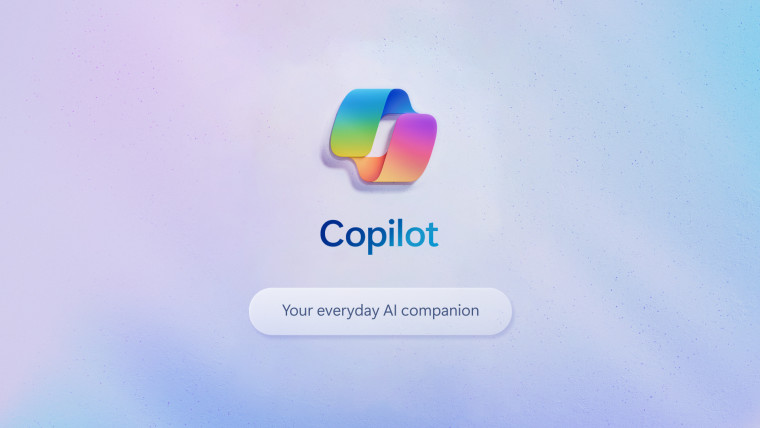
The staffing provider Adecco Group has released new data which shows many companies will be hiring fewer people in the next five years thanks to generative AI. While the companies in question may be giving themselves a pat on the back for reducing costs, it makes one wonder how they’ll deal with fewer revenues when people find themselves unemployed and unable to buy as much.
Adecco Group asked senior executives from 2,000 large companies worldwide to predict what they think will happen in the coming years. Of those, 41% said they expect to have small workforces in the next five years due to artificial intelligence.
These findings are in stark contrast to what AI pushers, like Microsoft, have been touting. Microsoft frequently claims that AI is there to assist employees and not replace them; it has even called its AI Copilot to reflect its vision of assistive generative AI.
Despite Microsoft’s best efforts to frame generative AI in a positive way, it looks like thousands of people will be negatively impacted by this new technology. Just over half a year since ChatGPT was released, Neowin reported that several workers had been replaced by AI in various fields - as AI improves, the threat to livelihoods will likely increase.
Data from the International Labour Organization last August also showed which sectors of society will be hardest hit by generative AI. It said that clerical workers would be hardest hit by the new technology and that this sector is dominated by women in developed countries.
At the same time, the ILO was a bit more optimistic than Adecco Group saying that it’s unlikely that generative AI would take everybody’s job but would instead automate a portion of workers’ duties so they’re free to do other tasks.
While Adecco Group’s findings show that executives believe there will be smaller workforces, the CEO of Adecco, Denis Machuel, said that between jobs created by AI and jobs destroyed, there will probably be a balance. He said that companies should train their employees to use AI rather than relying on recruiting specialists from outside their companies.
Source: Reuters